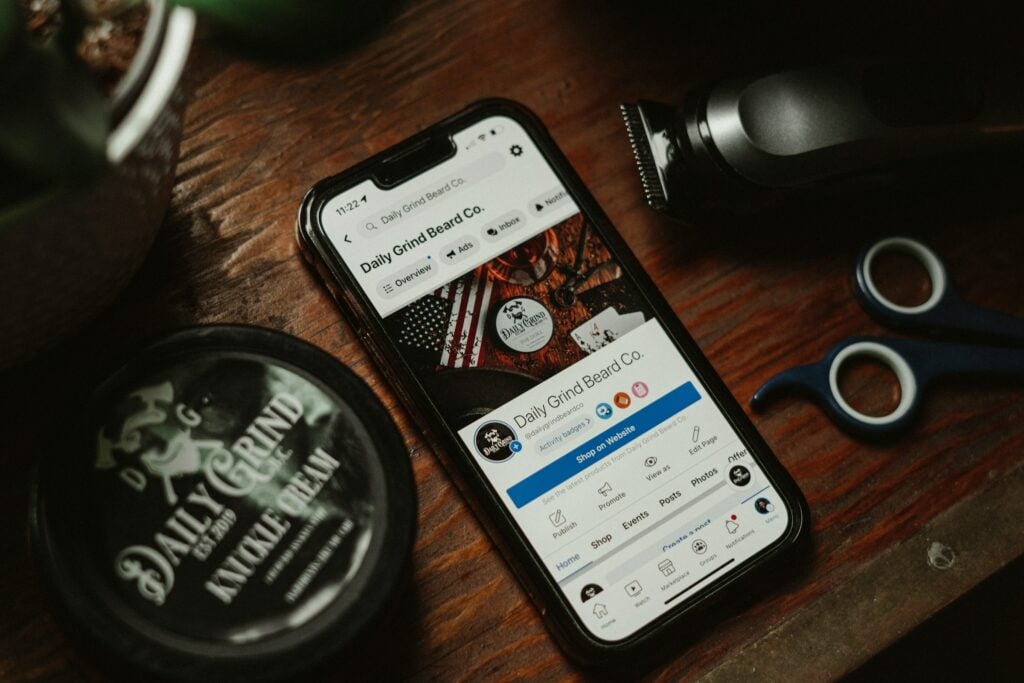In the bustling world of online shopping and inventory management, SKU frequently pops up, intriguing yet mystifying to many. This acronym stands for Stock Keeping Unit, a unique identifier businesses use to track and manage their inventory precisely and efficiently. But what is SKU on marketplace, and how do they transcend beyond mere numbers to become the backbone of retail success?

What is SKU on Marketplace?
An SKU is an alphanumeric code assigned to a product, distinguishing it from other items. It’s like a fingerprint for products, offering detailed insights into aspects such as size, colour, and style. Unlike universal product codes (UPCs), standardised for identical products across different stores, SKUs are specific to each company, allowing for tailored inventory management.
Why SKUs are a Game-Changer for Retailers
Navigating the vast expanse of the online marketplace can feel akin to exploring uncharted territories without a compass. In this digital age, where abundant products can overwhelm consumers and retailers, Stock Keeping Units (SKUs) emerge as the guiding stars.
These unique identifiers do more than just label products; they transform the retail landscape by enhancing operational efficiency, providing insightful data, and ensuring customer satisfaction. Let’s delve deeper into SKUs’ pivotal role in revolutionising the retail industry.
Inventory Management and Optimisation
At the heart of retail success is the ability to manage inventory effectively. SKUs offer a granular level of detail about each product, from its size and colour to its style and material, allowing retailers to maintain optimal stock levels. This precision prevents the common pitfalls of overstocking, which ties up capital in unsold inventory, and understocking, which leads to missed sales opportunities.
By tracking the movement of each SKU, retailers can swiftly adjust their inventory to meet consumer demand, ensuring that popular products are always in stock.
Data-Driven Insights for Strategic Decision-Making
In today’s data-centric world, SKUs serve as a treasure trove of information. Retailers can analyse SKU data to uncover patterns and trends, such as seasonal fluctuations in demand or the popularity of specific product attributes.
This insight is invaluable for making informed decisions on various strategic issues, from product development and procurement to pricing strategies and promotional activities. By identifying which products are flying off the shelves and which are languishing, retailers can fine-tune their offerings to better match consumer preferences.
Streamlining Order Fulfillment and Enhancing Customer Satisfaction
The importance of a smooth order fulfilment process cannot be overstated in an era where consumers expect quick and hassle-free shopping experiences. SKUs are crucial in optimising this process by enabling efficient picking, packing, and shipping operations.
When each product has a unique SKU, order fulfilment teams can quickly locate items in the warehouse, reducing the time it takes to process orders. This efficiency not only boosts productivity but also enhances customer satisfaction by ensuring the timely delivery of orders.
Harnessing the Power of SKUs: Real-world Examples
In the dynamic world of retail, the ability to adapt and respond to consumer demands swiftly is what sets successful businesses apart. One of the most potent tools at their disposal is the SKU, or Stock Keeping Unit. Through real-world examples, we can see the transformative impact SKUs have on inventory management and marketing strategies, ultimately driving sales and customer satisfaction.
The Fashion Retailer’s Triumph
Imagine a well-known fashion brand, “TrendSetters,” renowned for its vibrant collections and quick adaptation to fashion trends. TrendSetters uses a sophisticated SKU system that does much more than keep track of inventory. Each dress in their lineup is assigned unique SKUs based on variations such as size, colour, and design.
This granular level of detail allows TrendSetters to monitor which items are flying off the shelves. For instance, they noticed that their summer collection’s azure blue maxi dresses were selling out faster than anticipated, thanks to real-time SKU tracking. Armed with this data, the purchasing team quickly adjusted their orders, securing additional stock of the popular colour while scaling back on slower-moving shades.
Moreover, TrendSetters leveraged this information in their marketing campaigns. They highlighted the azure blue dresses in their email newsletters, social media posts, and homepage banners, tapping into the surge of customer interest. This strategic move boosted sales and enhanced customer satisfaction, as shoppers were more likely to find the product they desired in stock.
The Electronics Giant’s Global Strategy
Next, consider “TechInnovate,” a multinational electronics company that manufactures everything from smartphones to laptops. TechInnovate operates globally, with warehouses and stores in dozens of countries. Managing inventory across such a vast network is a daunting task, yet one where SKUs prove invaluable.
TechInnovate’s products are assigned a unique SKU, reflecting characteristics such as model, colour, storage capacity, and region. This level of detail enables the company to monitor stock levels with pinpoint accuracy. For instance, if a specific smartphone model starts selling rapidly in Europe, the SKU system alerts the supply chain team, prompting them to reroute stock from slower-moving regions to meet the demand.
Furthermore, SKUs help TechInnovate identify trends and adjust production plans accordingly. If data shows a growing preference for larger storage capacities, future manufacturing can be adjusted to prioritise these models. This proactive approach ensures that popular products are always available, minimising lost sales and keeping customers satisfied.
The Impact of SKUs on Retail Success
These examples illustrate the power of SKUs in transforming retail operations. By providing detailed insights into product performance, SKUs enable businesses to:
- React Quickly to Consumer Trends: Adjusting orders and stock levels based on real-time sales data helps retailers stay ahead of the curve.
- Tailor Marketing Efforts: Knowing which products are in demand allows for targeted marketing campaigns, increasing their effectiveness.
- Optimise Inventory Management: SKUs facilitate a more efficient supply chain, reducing the risk of overstocking or stockouts and ensuring popular items are always available.
In essence, SKUs are not just a means of keeping track of inventory. When utilised effectively, they are a strategic tool that can significantly enhance a retailer’s ability to meet consumer needs, adapt to market changes, and drive sales. Whether a fashion retailer responding to the latest colour trends or an electronics giant managing a global supply chain, SKUs play a pivotal role in achieving retail excellence.
Frequently Asked Questions:
Can the same product have different SKUs in different stores?
Yes, since SKUs are specific to each company, the same product can have different SKUs in different retail outlets.
How are SKUs created?
Retailers create SKUs based on a system that makes sense for their inventory, often incorporating information about the product category, attributes, and sequential numbers.




